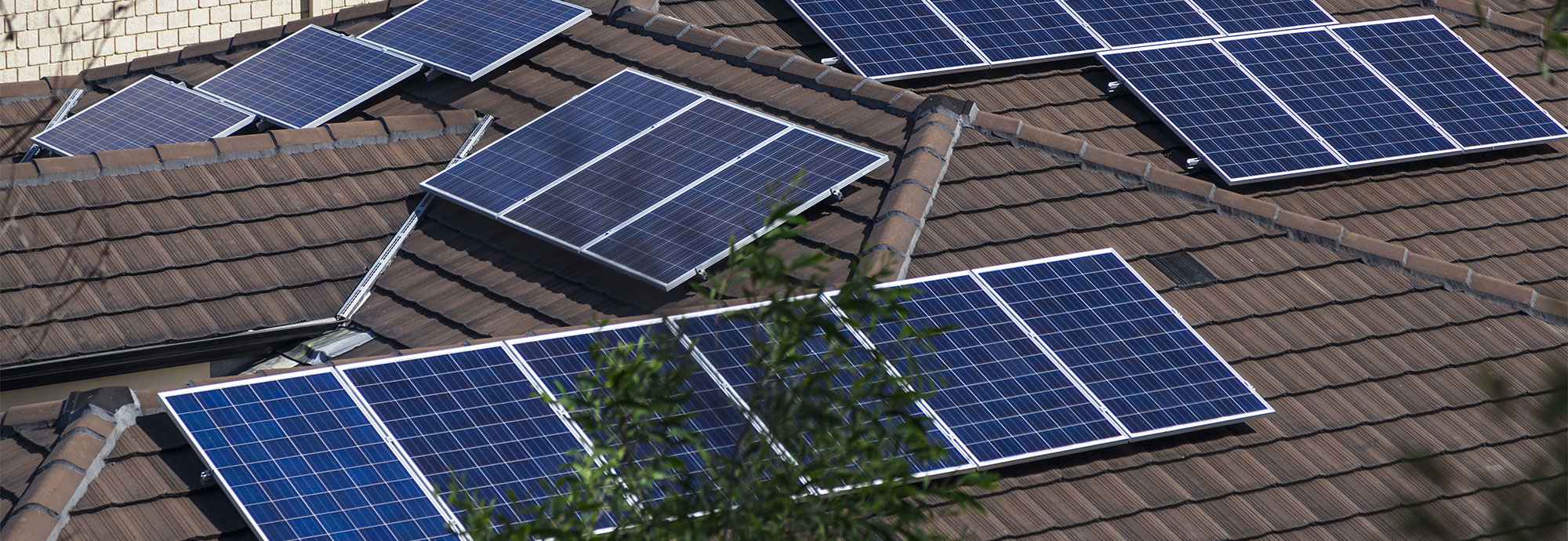Liberate Yourself from Your Energy Bill with PowerOn Energy
Humans have been capturing solar energy for centuries. In the beginning, we used solar energy to heat our buildings and our water. We then discovered that through changes in wind and ocean temperatures fueled by the sun, solar energy could also be harnessed through hydroelectric systems and wind turbines. Today, we know that there’s energy in biomass, in ocean waves, and in sunlight. In fact, there is so much potential to power the planet with solar that we’re currently capturing only a small portion of it!
So what are some of the modern ways we capture solar energy?





